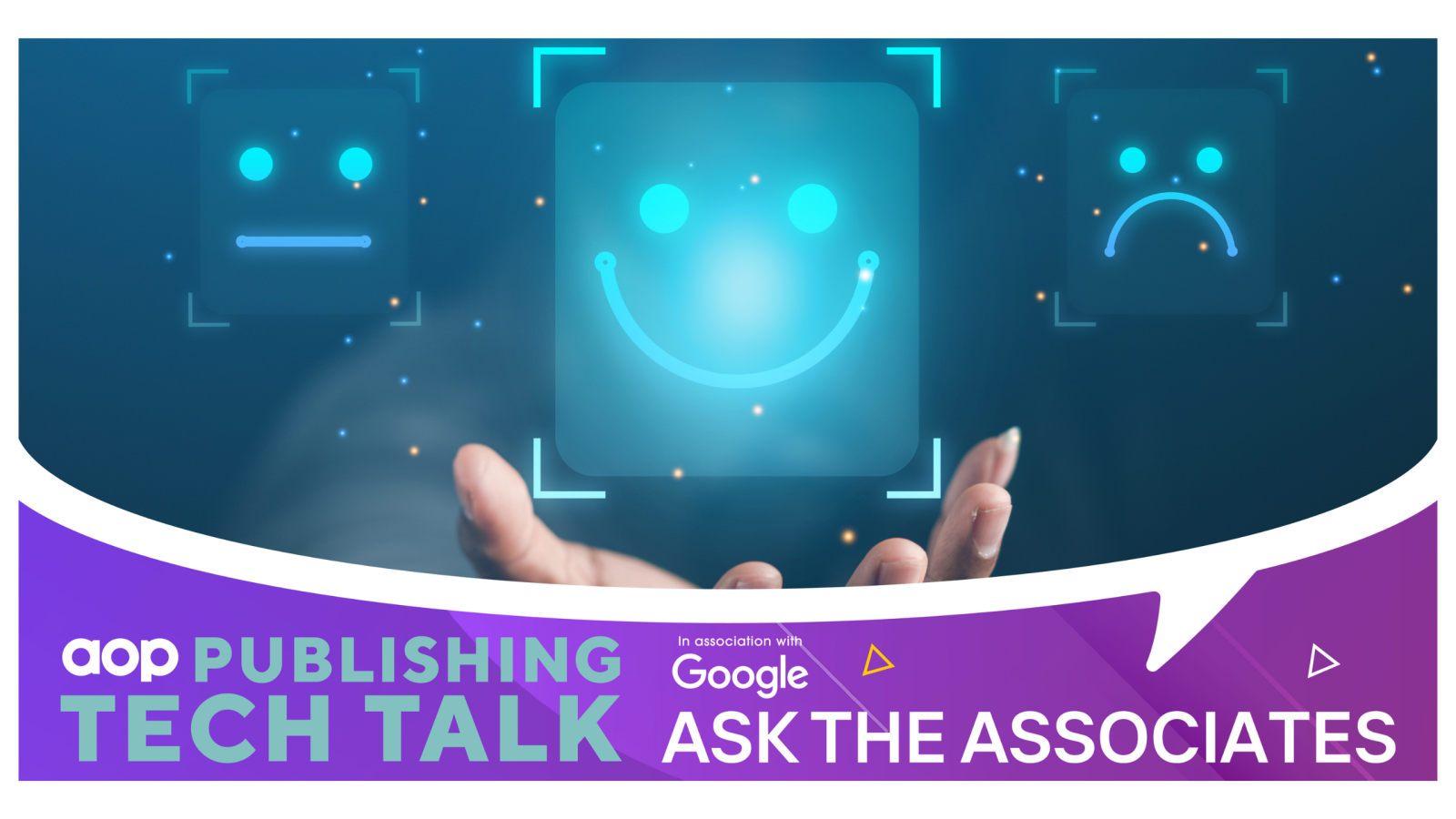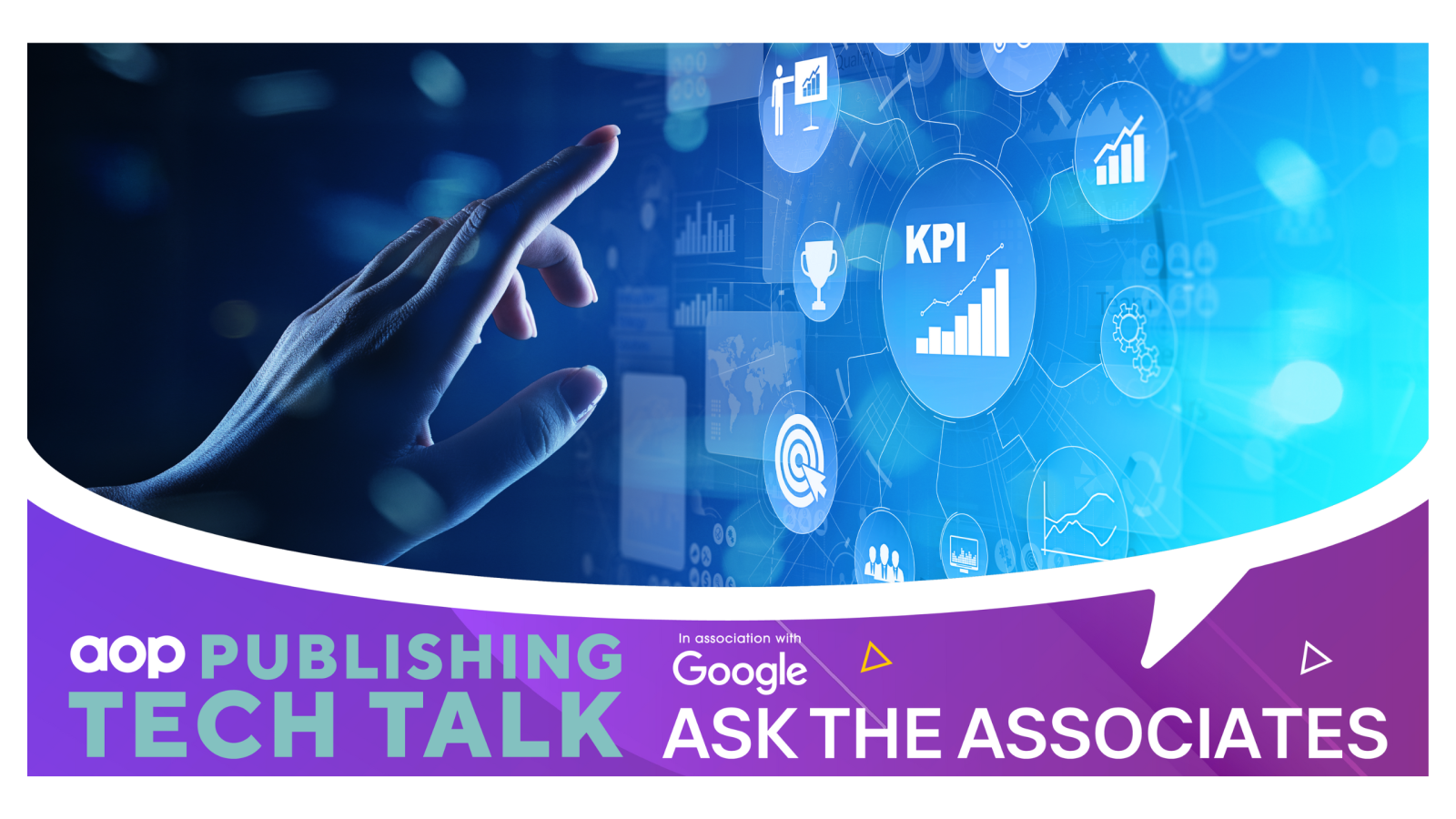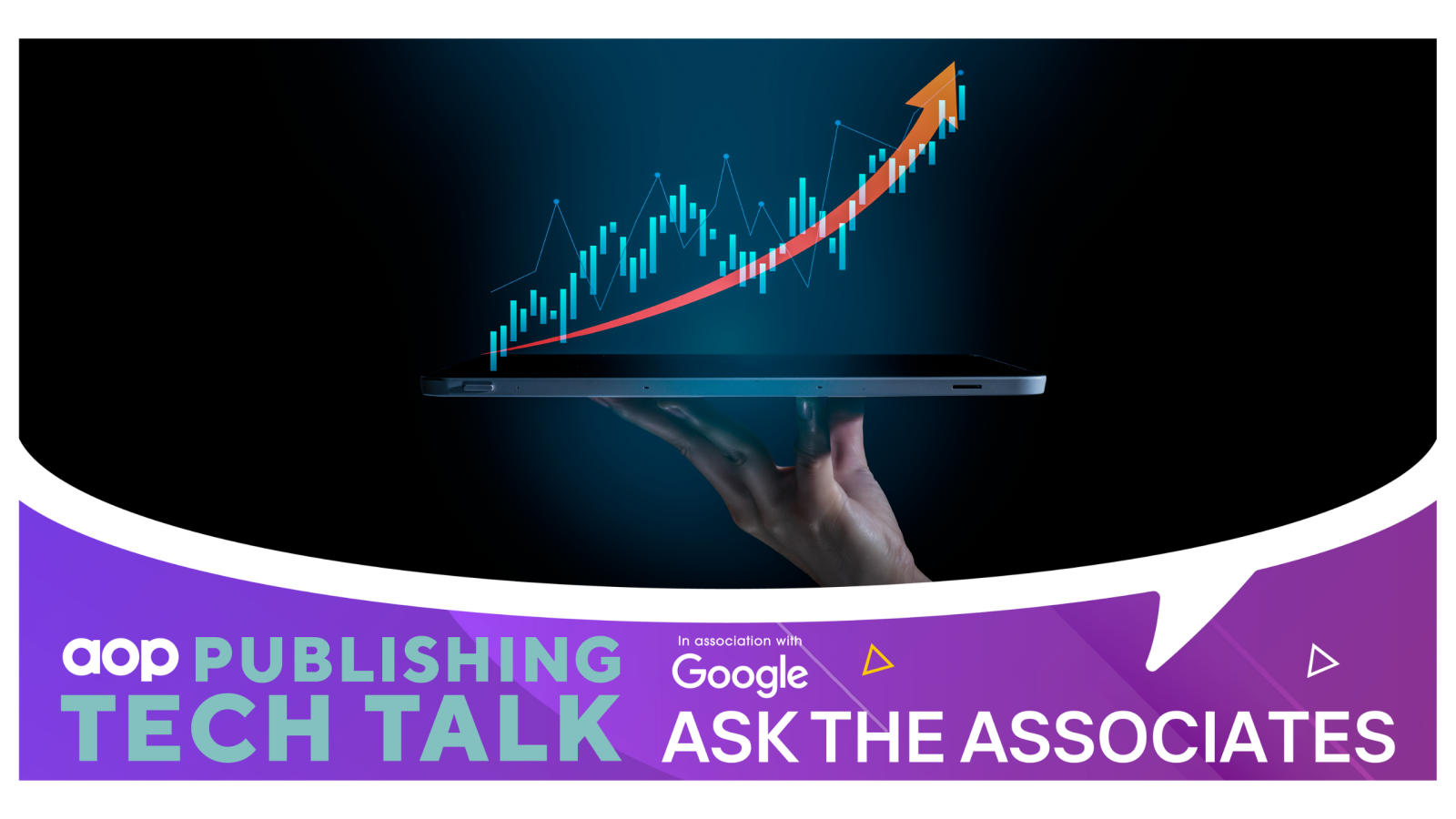
Nine steps for creating a positive advertising environment
Published: 10 Oct 2022
Estimates suggest that the average person sees up to 10,000 ads a day. Inevitably, with so much competition for attention, it’s a challenge to develop an advertising experience that delivers returns for advertisers - whilst remaining non-intrusive and relevant for your audience.
So, what can publishers do to maximise their strategies and ensure that all parties get the experience they need? Here are nine tips from our panel of expert Associates to help you develop a seamless advertising experience.
Addressability is key
To create an environment that benefits all stakeholders, as well as their business, publishers need to focus on building a strong, sustainable addressability strategy. Offering addressable audiences allows advertisers to reach their customers, control ad frequency, and measure campaign performance far more effectively. And it requires fewer ad spaces to do so. Besides enabling publishers to increase their inventory pricing and efficiently sustain their business, it also improves the user experience as consumers are served fewer but more relevant ads.
Jessica Werner, Senior Director of Publisher Development, ID5
Focus on quality, not quantity
Measuring the attention your content receives is a great opportunity for publishers to deliver both a positive user experience, by focusing on the type of content and formats your users engage with most, and the quality of ad inventory advertisers are looking for. At Sovrn, we have seen that advertisers are paying 3x more ads that receive higher attention.
Emily West, Group Product Manager, Sovrn Signal
Use industry standards to guide your strategy
A lot of industry initiatives support this goal for publishers, such as IAB’s LEAN, Better Ads Standard, and Acceptable Ads Standard. We advise publishers to study these and try to enforce the ones that meet their specific audience, growth, and revenue objectives. Secondly, when running high-impact formats as part of sponsorship deals, publishers should conduct a cost/benefit analysis of revenue against impact on UX and set appropriate frequency caps.
James Van Sweringen, Director of Revenue Operations, Blockthrough
Contextual relevance promotes a better advertising experience
Ultimately, focus on executions that are contextually relevant and seamlessly integrated into the publisher's environment. A Forbes article found that users pay 53% more attention to native advertising than display banner ads. Time Inc's survey found that 93% of consumers prefer brands that put some effort into creating something unique to grab their attention. Sponsored content should keep readers within the publisher's site - offering brands a trusted environment, captive audience, and blank canvas to tell their story.
David Jenkins, Commercial Director EMEA, Nativo
Build the advertising experience into the overall consumer journey
Great consumer advertising experience is crucial for building trust. When building coherent consumer journeys on your websites, be sure to consider the ways advertising impacts that – and how to ensure more engaging advertising for a better overall experience. This will include frequency caps, interactive formats like native and instream video, and branding that doesn't conflict with your consumer's values. By creating a comprehensive advertising and content experience on your site, you will continue to build trust and loyalty with your consumers.
Sara Vincent, MD UK&IE, Index Exchange
Ensure that the mobile advertising experience is non-intrusive
It’s important for publishers to partner with a technology provider that can promote monetisation without sacrificing the user experience. This may involve customising the video players to ensure the look and feel of each video experience is seamless and native to the page. Since the majority of content is consumed on mobile nowadays, publishers should adopt adhesive units to maximise viewability in a non-intrusive manner while meeting the advertisers’ needs for engagement.
Marc Thomas, GM, EMEA, EX.CO
Be honest about what data you’re collecting for advertising and why
Google and Ipsos recently launched the Privacy by Design research, surveying 20,000 users across Europe. The findings of the report show that there are clear commercial benefits to getting privacy right and that providing a positive privacy experience increased the share of brand preference by 49% in the UK. 77% of Brits prefer to buy from brands that are honest about what data they collect and why.
Publishers should continue to work closely with demand partners - Demand Side Platforms, Agencies and Advertisers - to create direct relationships that can meet advertiser expectations, trading on valuable first party data. Programmatic guaranteed and preferred deals are examples of transactions where publishers can balance the requirements of their user experience by making their most scarce, valuable inventory available for advertisers that want to leverage programmatic.
Catherine Barry, Head of EMEA, Exchange Platforms
Ethical data usage is crucial as consumer concern grows
Users are concerned with how their data is used for advertising, leading to a wave of privacy regulations and browser changes aimed at protecting user privacy. Data ethics is now non-negotiable; publishers and advertisers, as data owners, need to be responsible with the data they collect, process, and how they activate audiences – or risk users opting out en masse.
Today, almost 40% of users are browsing in cookieless environments, and Permutive research shows that up to 55% of users in Europe are hitting ‘reject all’ on cookies. In an industry facing increasing regulatory pressure, declining consumer trust, and reduced addressability, publishers, advertisers, and ad tech companies must be responsible with data and build on first-party, non-personally identifiable information, consented data.
Thomas Baart, Customer Success Manager, Permutive
Work with partners who align with your values
By fostering deeper collaboration between themselves, vendors, and advertisers, publishers and their partners can create impactful, relevant, and meaningful advertising experiences that enhance engagement with their content and strengthen their relationship with users. To do so, publishers should choose partners who not only deliver advertising that is respectful of the user experience, but who also put user privacy and transparency at the heart of what they do.
Russell James, Senior Director, Publisher Development, Ogury
This Wednesday & Thursday we’re heading to London for the AOP Publishing Tech Talk. Join us on Wednesday to discover how to re-think your strategies around audience metrics and user experience as we bring together insights from the UK’s leading publishers. Find out more here.
Categories: AOP News | Ask the Associates


